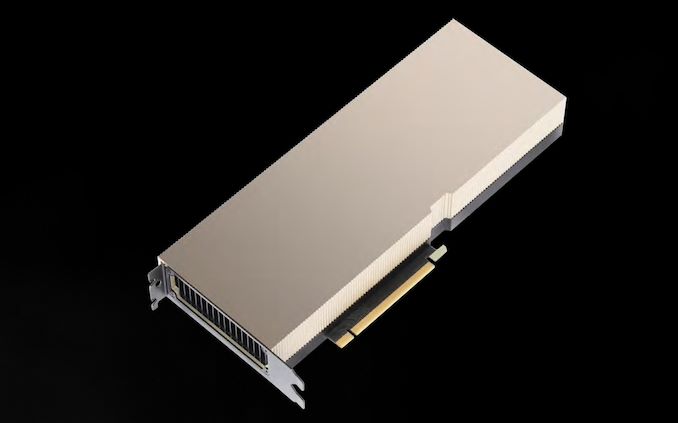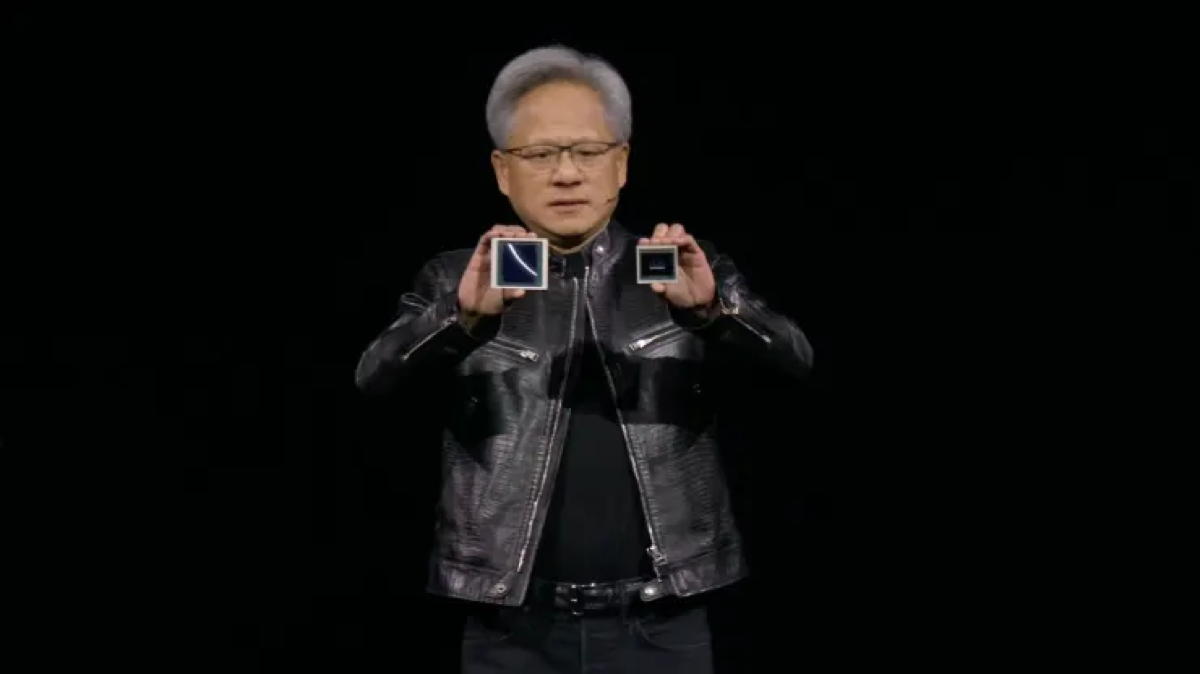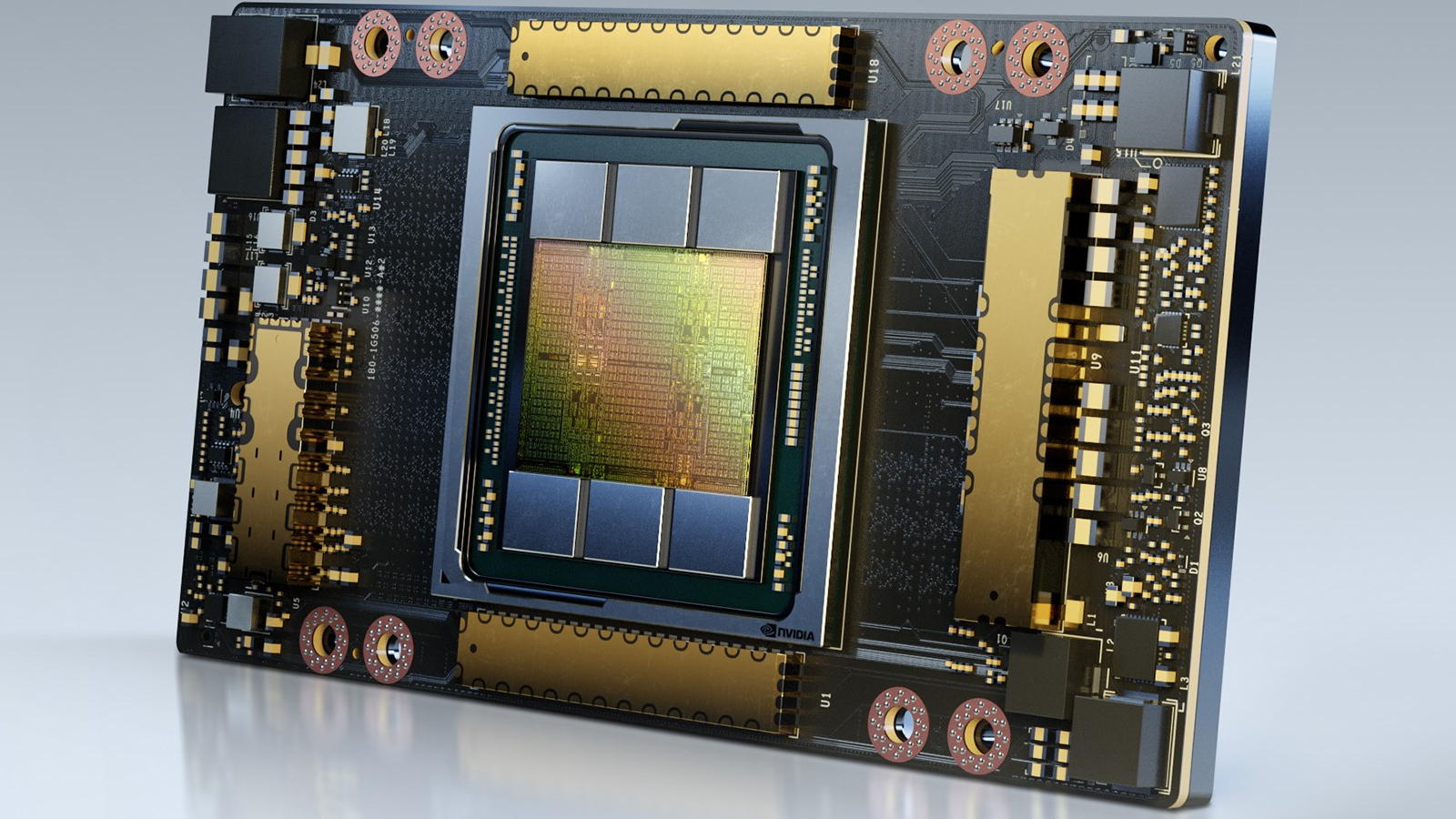US Tightens AI Chip Export Restrictions To China

New restrictions online. Export rules of AI chips to China, announced last October, went into force late last week
The United States export restrictions of certain AI chips to China over national security concerns, went into force late last week.
Reuters reported that the Biden administration on Friday revised the export rules aimed at making it harder for China to access US artificial intelligence (AI) chips and chipmaking tools.
China is retaliating however. Last week it was revealed that Beijing had already issued guidelines to phase out American processors from the likes of AMD and Intel, in favour of domestic chips for government computers.
![]()
Export restrictions
The Chinese government is also reportedly seeking to sideline the use of Microsoft’s Windows operating system, as well as foreign-made database software.
The United States has been gradually ramping its export restrictions on Beijing for a number of years now.
In October 2022 the US banned the export of the A100 and more powerful H100 chips to mainland China and Hong Kong.


Then in October 2023 the US also banned export of the slower A800 and H800, which had been specifically developed for sale to China.

Now according to Reuters, the new rules, which run 166 pages in length, went into effect last Thursday. They clarify, for example, that restrictions on chip shipments to China also apply to laptops containing those chips.
The Commerce Department, which oversees export controls, has said it plans to continue updating its restrictions on technology shipments to China as it seeks to bolster and fine-tune the measures.
Nvidia impact
The US export restrictions is hurting US companies, most notably Nvidia, which dominates the AI chip sector.
In January Nvidia admitted it was seeing significantly reduced demand in China for slowed-down chips, as it prepared its line-up to comply with the US export controls.
But also in January it was reported that high-end Nvidia AI chips had been purchased by Chinese military organisations, state-run AI research institutes and universities over the past year in spite of US export controls.
While the purchases were small, they apparently illustrated the difficulty for the US in its attempts to completely cut off China’s access to advanced AI chips, which could be used to develop the country’s AI and military capabilities.
China’s response
Beijing has already lashed out at the toughens export controls from US.
“Such restrictions and forced de-coupling for political purposes violate the principles of the market economy and fair competition,” the Chinese foreign ministry said in a response to Reuters’ questions last October.
“The US needs to stop politicizing and weaponising trade and tech issues and stop destabilising global industrial and supply chains,” spokesperson Mao Ning was quoted by CNN last October as telling a press briefing. “We will closely follow the developments and firmly safeguard our rights and interests.”
During his state visit to Beijing last week, Dutch Prime Minister Mark Rutte personally discussed a recent incident of cyber espionage, which the Netherlands directly blamed on the Chinese state, during talks with President Xi Jinping.
Chinese President Xi however told Dutch Prime Minister Mark Rutte last Wednesday that no force can stop the pace of China’s technological progress.
“Creating scientific and technological barriers and severing industrial and supply chains will only lead to division and confrontation,” Xi reportedly said last week.